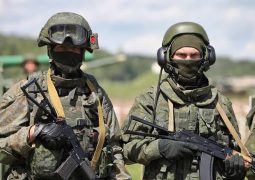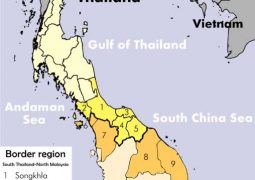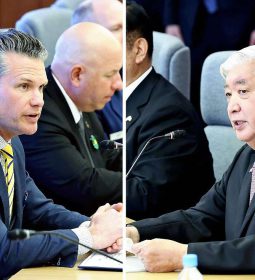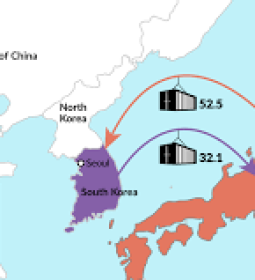Kazakhs try to lock-up for themselves only the Trans-Caspian Transit Corridor to bypass Russian and Uzbek-Turkmen routes

Almaty hosted a high-level meeting on October 1 of delegations from countries participating in the Trans-Caspian International Transport Route (TITR). The TITR is also known as the Middle Corridor, a strategic Eurasian trade link connecting China, Central Asia, and Europe. Senior officials from Azerbaijan, Georgia, Kazakhstan, and Turkey convened to discuss ways to enhance the corridor’s efficiency and competitiveness.
Key Agreements Signed
Among the main outcomes was the signing of an action plan aimed at removing bottlenecks along the TITR. The document outlines coordinated measures by the railway companies of Kazakhstan, Azerbaijan, and Georgia to streamline cargo transportation. The plan includes the introduction of a unified long-term tariff across the corridor and strategies to expand its overall capacity.
Another major development was an agreement between the European Bank for Reconstruction and Development (EBRD) and JSC Aktau International Sea Trade Port to modernize port infrastructure and acquire new ship-to-shore cranes. The initiative, supported by up to €45 million in financing from the EBRD and the European Union, aims to significantly boost container-handling capabilities at Aktau, Kazakhstan’s principal maritime hub on the Caspian Sea.
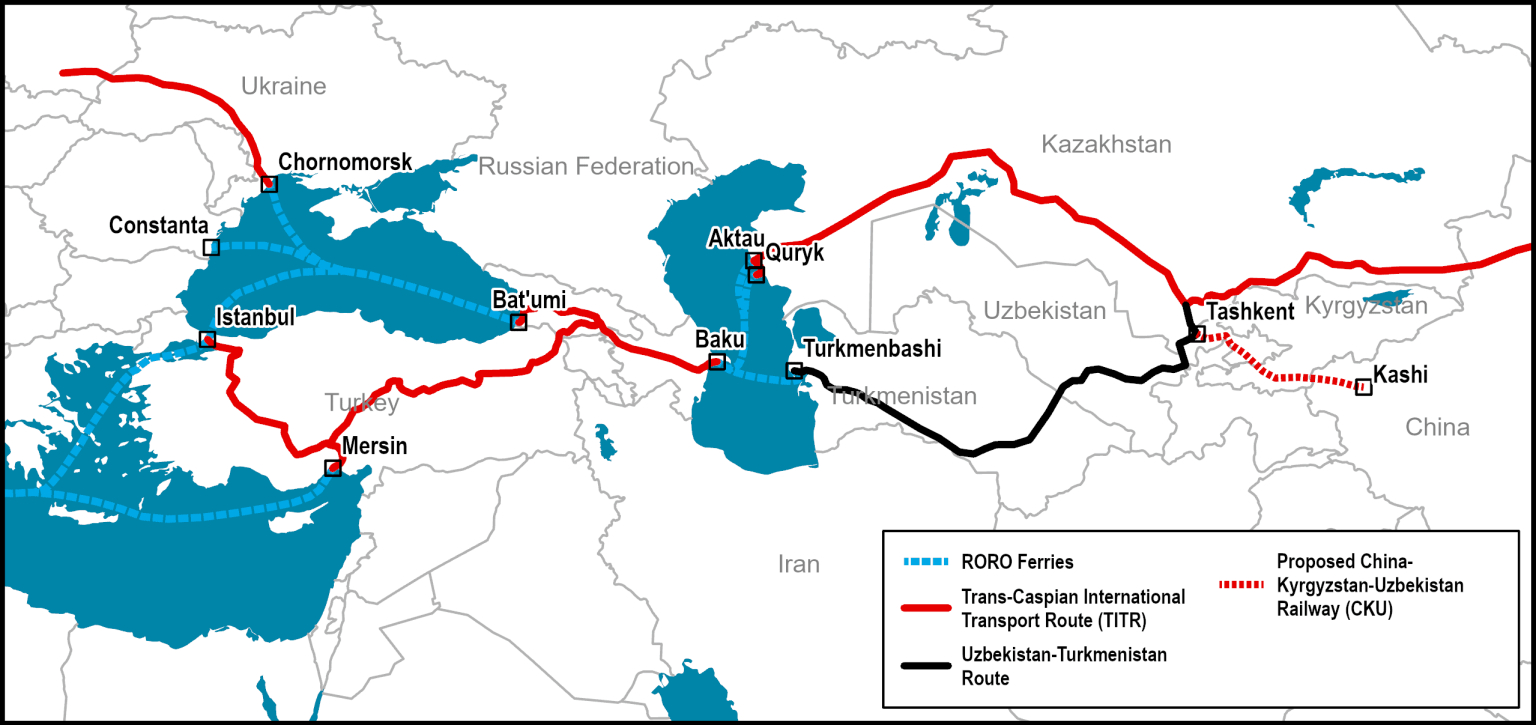
The project includes the extension of two berths and the acquisition of weather-resistant cranes, enabling the port to operate two fully dedicated container berths. By the end of 2026, Aktau is expected to host the largest container terminal in the Caspian region, with an annual handling capacity of up to 240,000 twenty-foot equivalent units (TEUs).
Regional Cooperation Under the OTS
Also on October 1, Almaty hosted the 8th meeting of transport ministers of the Organization of Turkic States (OTS), which includes Azerbaijan, Kazakhstan, Kyrgyzstan, Turkey, and Uzbekistan. The ministers focused on accelerating the development of the TITR through greater adoption of digital technologies and electronic transit systems.
Participants endorsed initiatives to enhance maritime transport, including expanded Caspian shipping, the construction of new transshipment facilities, and the launch of additional ferry services. The meeting also backed efforts to establish regular block train operations, particularly along the Baku-Tbilisi-Kars railway corridor.
- Previous Up to 25% of major river’s water to be taken by Afghans: Taliban bullies Central Asian neighbors with Qosh Tepa Canal building
- Next Turks say its fighter jet won’t depend on any single foreign engine: as for now – no engine at all





